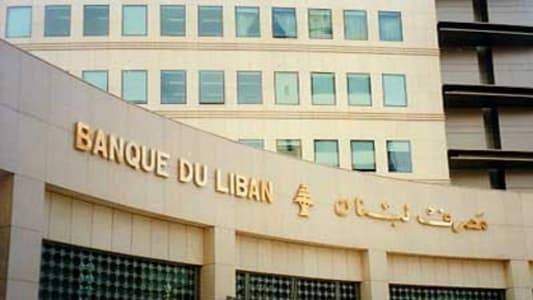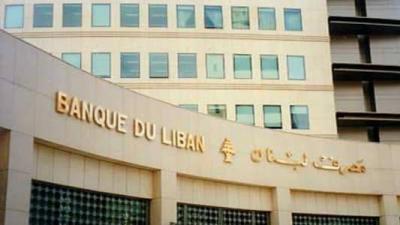Regarding the economic situation and the continuation of the banks' strike, amidst news of its potential end within 48 hours, financial and economic expert Jassim Ajaka indicated that the banks' strike is practically over following the statement issued by caretaker Prime Minister Najib Mikati urging banks not to implement decisions made by Judge Ghada Aoun. This can be described as a conflict arrangement, regardless of the legality of Judge Aoun's actions or Mikati's comments regarding her removal, as this matter requires a decision from the Court of Appeals to determine its legality.
Ajaka noted in an interview with "Anbaa" that the strike issue has been settled formally; however, the substantive aspect must be examined by looking into the message sent by Interior Minister Bassam Mawlawi to the General Security and Internal Security Forces, without mentioning State Security since this body is under the High Defense Council and the President of the Republic. This could lead the head of the Free Patriotic Movement, MP Gebran Bassil, to register an objection on this point since addressing State Security requires a unified government approach.
While Ajaka confirmed the end of the banks' strike by 95%, he stated that the central bank's ability to implement financial policies that alleviate public distress is limited, as banks are, for him, the instruments of execution. He pointed to the Central Bank's extension of Circular 161, reinforcing the belief that banks would start implementing it and rely on the central bank's decisions to curb the deteriorating situation. However, the trust in banks is crucial for restoring dollar inflows.
Ajaka highlighted three factors that could help resolve the crisis: a political signal to resume negotiations with the International Monetary Fund, Finance Minister Yusuf Khalil's statement concerning paying 75% of taxes in cash and 25% by bank checks, considering that it's important for the Finance Ministry to apply this decision with 100% cash payments, and finally, stopping applications that set the dollar rate, especially after shutting down illegal money changers, either through the Ministry of Communications or judicial follow-ups.
He emphasized limiting the activities of these applications and identifying sources that set exchange rates outside of Lebanon, as the dollar's price should align with the Sayrafa price. Additionally, measures are needed to restrict traders who smuggle dollars and consumer goods, such as fuel and medicine, questioning whether payments are made in cash or through certain agents, or if they are transferred to accounts in other countries, in addition to traders who smuggle cash dollars out of the Lebanese market without importing corresponding goods.
Regarding border closures, Ajaka mentioned the impossibility of this action as it requires a political decision, affirming that tracking traders remains the responsibility of the government, the army, and security agencies.
Finally, Ajaka referred to reports from some media outlets stating that Central Bank Governor Riad Salameh promised that within hours of lifting the banks' strike, he would issue circulars that are ready and need signing and announcement to curb the soaring exchange rate of the dollar in the black market, especially since the central bank can now control the market following the arrests of speculators and illegal money changers.
Consequently, confusion is rampant at all levels amid the ongoing state vacuum and the Lebanese people's fear of further deterioration, awaiting the outcome of political meetings and initiatives to curb the collapse and prevent worse scenarios.




